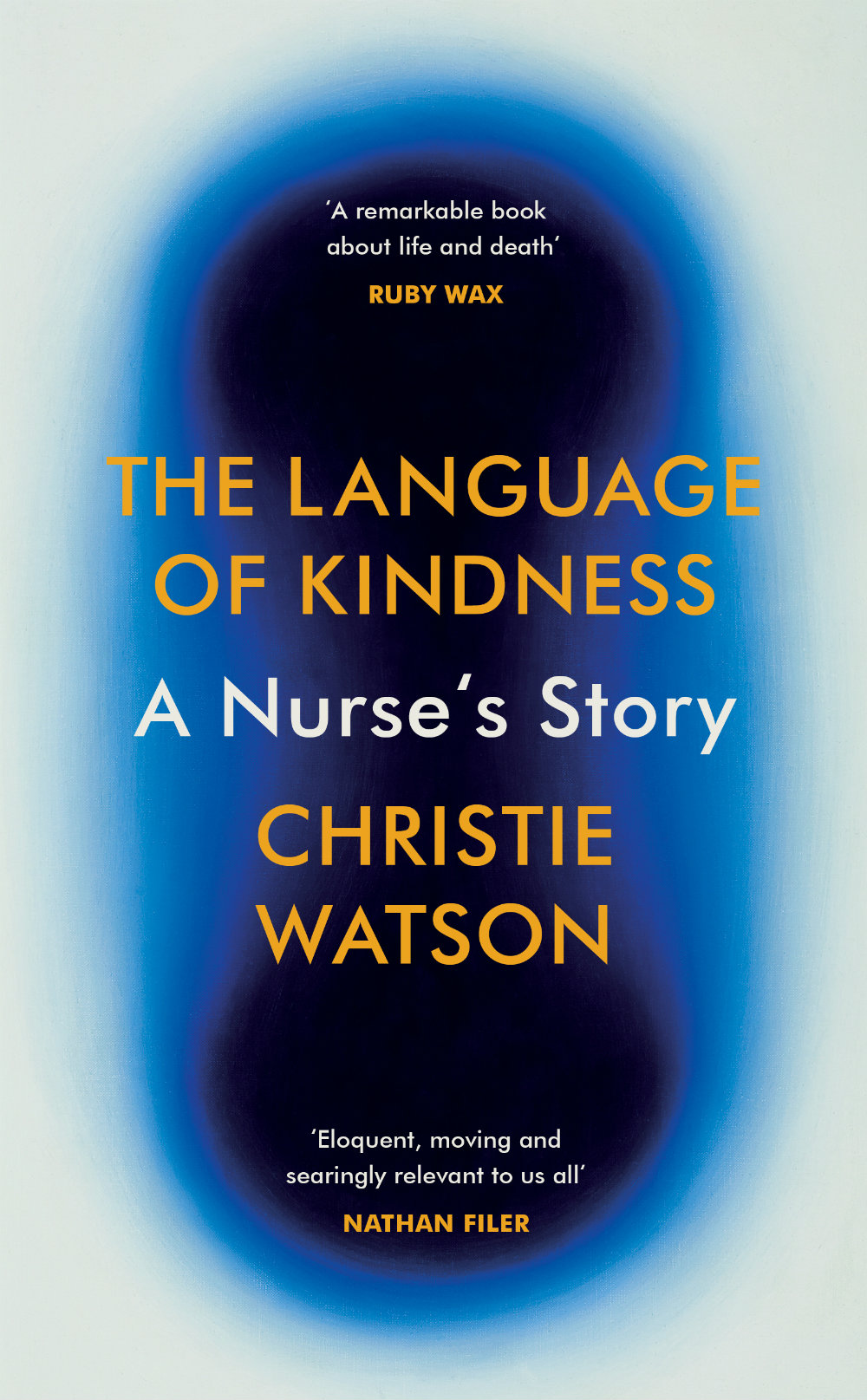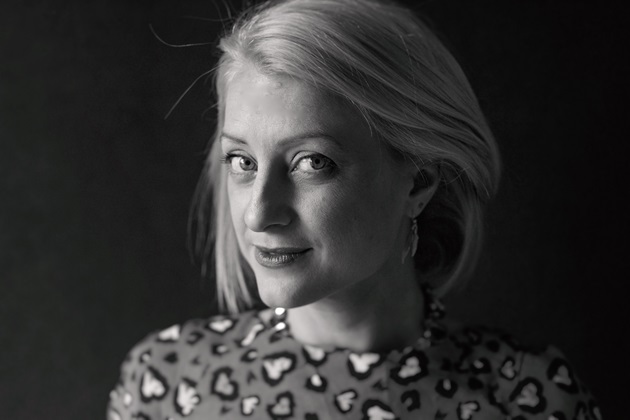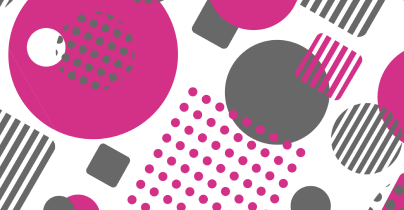What’s it like to be speaking at RCN Congress?
I’m incredibly honoured and a bit terrified too! I am just so proud of nurses and nursing and I’m super excited to be talking about why nursing staff matter now more than ever before. I think they’re also working harder than ever and let’s be honest, nursing has got to be the most undervalued profession in the world. This needs to change, and soon.
What drove you to write a book based on your own experiences of being a nurse?
I’ve always wanted to write something about nursing, and I’ve always wanted to write non-fiction, so when my agent suggested the idea, it just made sense. I went to the library and researched other medical non-fiction – and it’s a big genre, but guess what – there isn’t one single nurse’s voice. How shocking is that? I think it speaks volumes about how we don’t value nursing. We need nurses’ voices to start filling that huge hole. This book is about celebrating nursing – I’ve written it for all nurses.
Which is more challenging – nursing or writing?
Nursing! Of course, without a doubt. After I won the Costa Prize a journalist asked me what I was most proud of and to that question my answer will also always be nursing. Yes, I am proud to be an author and it’s a real privilege to write books, but to be a nurse is the greatest privilege of all.
In what way do you hope to change public perceptions of nursing with your book?
People don’t understand what the job is or how much it demands. They don’t give much thought to the fact that for a nurse to be a good nurse they have to be with their patients emotionally every single day and I hope the book acts as a reminder about what a brilliant job nurses do. For everyone who’s read it who isn’t involved in nursing, it’s almost like the penny has dropped and they’ve realised that when their aunt or brother was in hospital it’s the nurse that they remember the most. People always remember a nurse.
I am proud to be an author and it’s a real privilege to write books, but to be a nurse is the greatest privilege of all
What was the experience like writing The Language of Kindness?
I wrote it very quickly, in about 5 months, and it actually felt quite natural. In some ways fiction is more difficult as with this it was more a case of remembering things. But then I had to record the audiobook and speak it out loud for three days and it was, at times, a very emotional experience. If you stumble over your words you have to go back read it again and there were a few times I was taken aback by the emotion of it.
Your book is going to be turned into a TV series – are you able to tell us more about that?
I met so many TV production companies and choosing the right one was one of the hardest things. In the end I was really excited to go with Mammoth Screen as they wanted to make it political, to celebrate nursing and bring to those who don’t read books just how hard nurses are working. It’s early days but it’s all incredibly exciting.
You say in your book that nursing and writing are about stepping into other shoes. Why do you feel like this?
I think it’s about searching for answers and looking for meaning. When I started I thought nursing was about helping doctors and using technology but as years went on I realised nursing is about philosophy and art and psychology. It’s the philosophy of it all that makes me interested in nursing and writing – the big questions, why we’re here. I haven’t found any answers yet, I’ve only found more questions, but the search continues!
You also talk in the book about nurses being at risk of “compassion fatigue” – and how dangerous that is. How do nurses protect themselves?
Hospitals and managers needs to understand this is a real risk for nurses. I’ve worked with some people who must have post-traumatic stress symptoms because you can’t deal with some of the things nurses do without getting that. It needs to be recognised that nurses need to be offered counselling and given time to have it. I also believe clinical supervision should happen for nurses in the same ways as it does for social workers – it’s about providing time and cover and money. As a minimum, nursing staff need access to the same services doctors have.

Can you be taught compassion and kindness?
I don’t think you can be taught it. You can be taught technical and academic aspects of nursing, but kindness you are born with. You can also be taught coping strategies for the days you’re not feeling great, and taught practical measures around equality and diversity and learning to deal with different religions and faiths. But I think you are an intrinsically kind and compassionate person or you’re not.
What’s your proudest moment as a nurse and as an author?
As an author – this book, as I feel like it’s giving nursing a voice. As a nurse – it’s a tough question to answer. I remember I once had to spend 12 and a half hours looking after a family and their son and the family was incredibly challenging – very reluctant to engage with services in any way and extremely angry with all nursing staff. I got a lot of abuse, but by the end of the day I had somehow managed to build some kind of relationship. I think they were suffering such intense grief they were redirecting it towards medical staff. My ability to put myself in their shoes and be non-judgemental was the most challenging thing, but to do that, and overcome it, makes it one of my proudest moments in nursing.
Finally - any plans for your next book?
It will be nursing and non-fiction again so watch this space. I’ve still got a lot more to say!
About Christie
Christie Watson was a nurse for 20 years. She worked in a variety of health care settings, but spent most of her career in paediatric intensive care in large NHS hospitals before becoming a resuscitation nurse.
Christie now teaches and writes and advocates for nursing. Her first novel, Tiny Sunbirds Far Away, won the Costa First Novel Award and her second novel, Where Women Are Kings, was also published to international critical acclaim. Her works have been translated into 18 languages.







